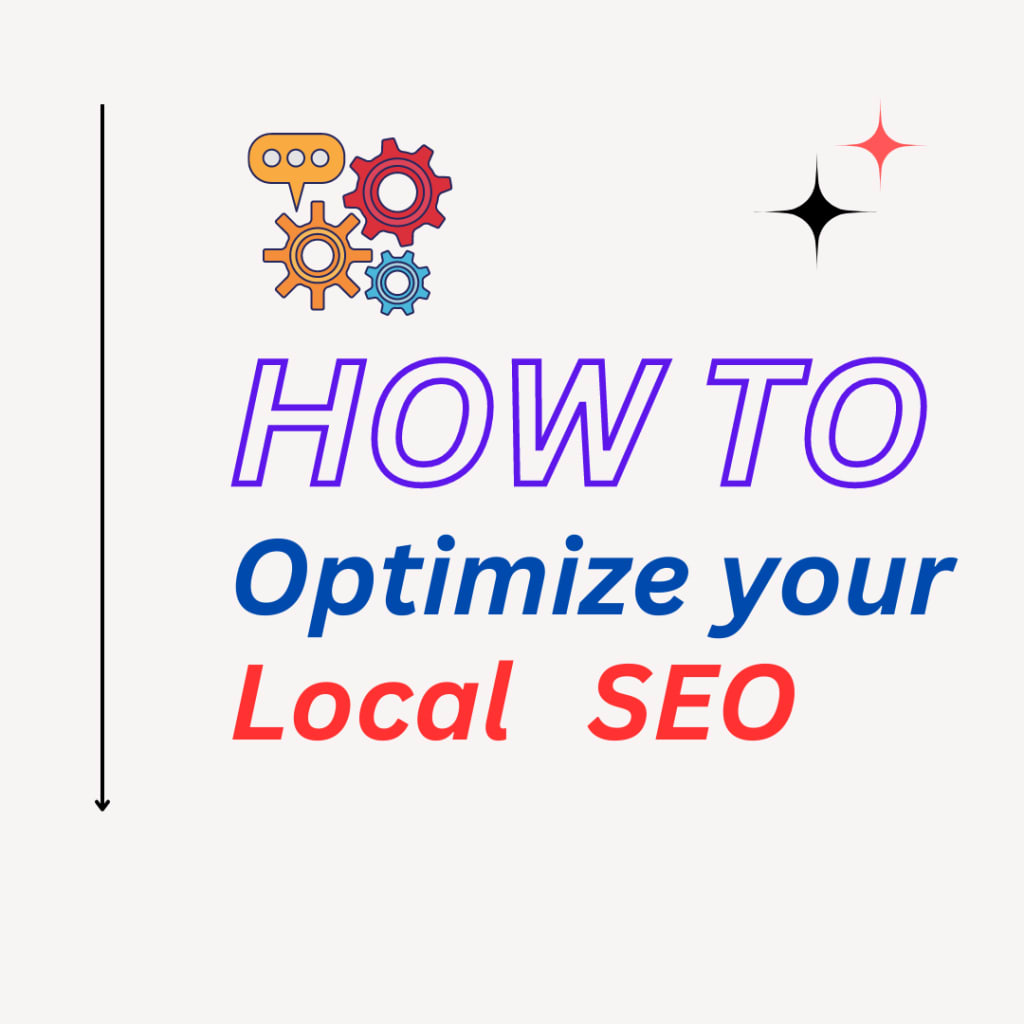How To Optimize Your Website For Local SEO
Importance Of SEO

SEO Definition:
SEO stands for "Search Engine Optimization." It is the practice of optimizing a website or online content to improve its ranking and visibility in search engine results pages (SERPs). The goal of SEO is to increase organic traffic to a website by appearing at the top of the search engine results for relevant search queries. SEO involves a variety of techniques, including keyword research, content optimization, on-page optimization, link building, and more. The ultimate aim of SEO is to create a user-friendly and informative website that provides value to the audience and meets the search engine's ranking criteria.
If you run a business that serves customers in a specific geographic area, such as a restaurant, a dentist office, or a retail store, then local SEO is essential for attracting and converting local customers. In this article, we'll cover the basics of local SEO and how to optimize your website to rank higher in local search results.
Click Here TO Get Your Free Course
Claim and Optimize Your Google My Business Listing:
Google My Business (GMB) is a free tool that allows you to manage your business's online presence across Google, including search and maps. Claiming your GMB listing is the first step in local SEO. Once you've claimed your listing, make sure to complete and optimize it with the following information:
*Business name, address, and phone number (NAP)
*Business hours
*Website URL
*Business category
*Business description
*Photos and videos
Make sure that the information you provide is accurate and consistent across all your online listings, including your website, social media, and directory listings. Inconsistent NAP information can hurt your local SEO efforts.
Click Here TO Get Your Free Course
Optimize Your Website for Local Keywords:
Keyword research is essential for any SEO strategy, and local SEO is no exception. Start by identifying the keywords that your potential customers are using to search for businesses like yours in your area. Use keyword research tools like Google Keyword Planner, SEMrush, or Ahrefs to find relevant local keywords with high search volume and low competition.
Once you've identified your target keywords, use them strategically on your website, including:
*Your website's meta tags, including the title tag and meta description
*Header tags (H1, H2, H3)
*Body content
*Image alt tags
However, be careful not to overuse your keywords, as this can result in keyword stuffing and hurt your rankings.
Click Here TO Get Your Free Course
Build Local Citations and Backlinks
Local citations and backlinks are essential for local SEO. Citations are mentions of your business's name, address, and phone number on other websites, such as directory listings, review sites, and social media platforms. Backlinks are links from other websites to your website.
To build local citations and backlinks, start by listing your business on local directories and review sites, such as Yelp, TripAdvisor, and Angie's List. Make sure to include accurate and consistent NAP information on each listing. You can also reach out to local bloggers, journalists, and influencers to ask for backlinks to your website.
Encourage Customer Reviews
Customer reviews are a critical ranking factor for local SEO. Encourage your customers to leave reviews on your Google My Business listing, as well as other review sites, such as Yelp and TripAdvisor. Respond to all reviews, both positive and negative, to show that you care about your customers' feedback.
Click Here TO Get Your Free Course
Use Local Schema Markup
Schema markup is a type of code that helps search engines understand the content on your website better. Local schema markup is specific code that helps search engines identify your business's name, address, and phone number. By adding local schema markup to your website, you can improve your visibility in local search results.
Click Here TO Get Your Free Course
Conclusion:
Local SEO is a powerful strategy for attracting and converting local customers. By claiming and optimizing your Google My Business listing, optimizing your website for local keywords, building local citations and backlinks, encouraging customer reviews, and using local schema markup, you can improve your local SEO rankings and drive more traffic and sales to your business.





Comments
There are no comments for this story
Be the first to respond and start the conversation.